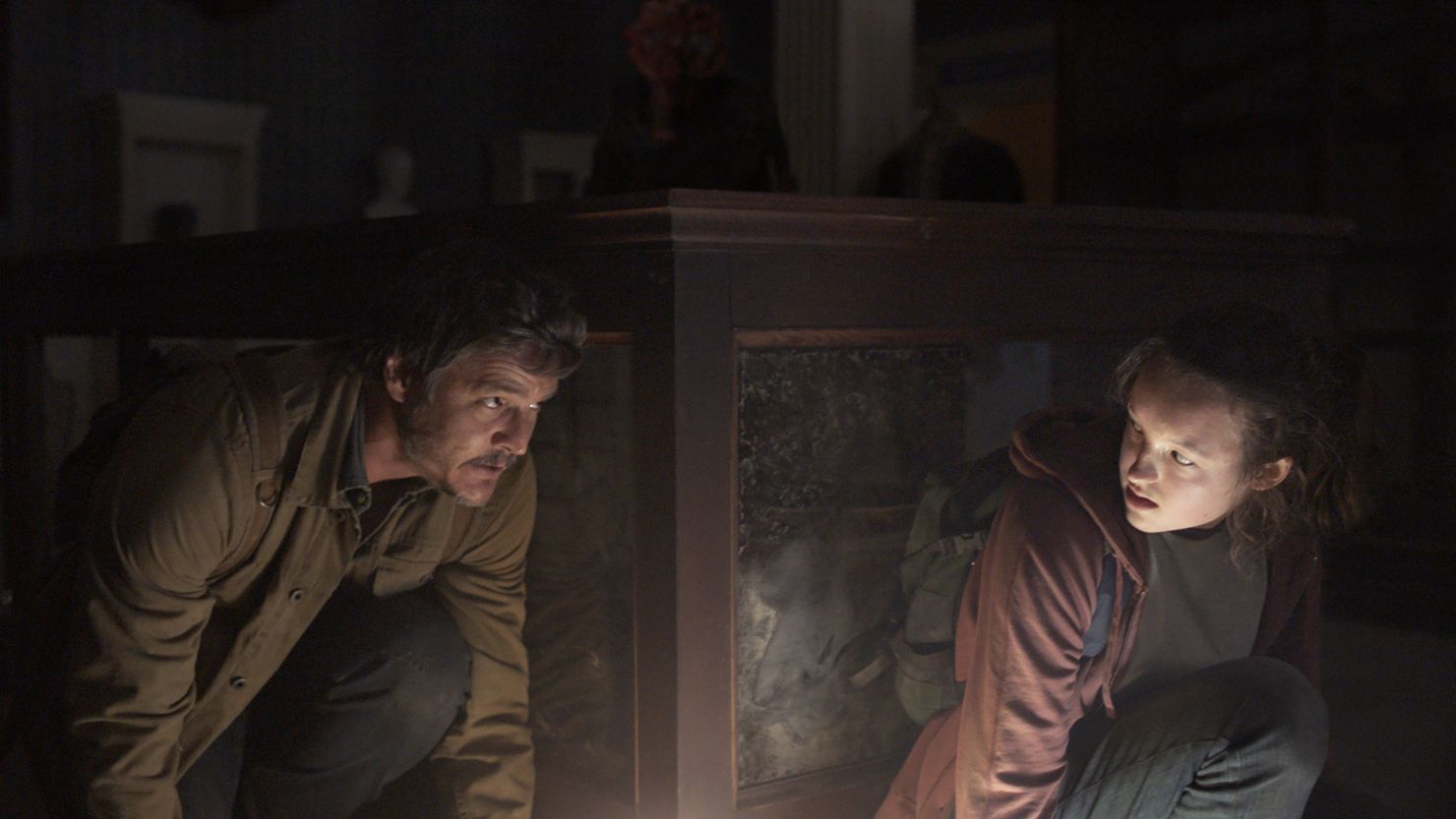The spotty track record of videogame adaptations and glut of apocalyptic/zombie dramas receive a welcome boost from “The Last of Us,” which proves there’s room for more of each as long as it’s this good. A road series with mini-dramas baked into the episodes, the HBO show quickly proves itself worthy of the hype and anticipation by delivering a fully realized series graced with flesh-and-blood characters.
Sure, we’ve been down this particular road before, featuring a world rapidly descending into chaos, after a pandemic that has transformed people into zombies, spurring government attempts to tamp down the spread in the most ruthless of ways.
Series creators Craig Mazin (an Emmy winner for “Chernobyl”) and Neil Druckmann (co-president of the award-winning game’s maker, Naughty Dog) initially construct that story around one family, flaring out to chronicle the outbreak’s ramifications around the globe, with a 20-year palette from which to choose.
Thanks to that ambitious approach “The Last of Us” at times plays like an anthology series, focusing on individual stories and detours, like a doomsday prepper (Nick Offerman) who takes in a drifter (“The White Lotus’” Murray Bartlett), grudgingly at first, in an hour that has the exquisite feel of a meticulously crafted little play.
The program’s spine, however, involves Joel (Pedro Pascal, happily helmet free), who is tasked with reluctantly escorting the teenage Ellie (“Game of Thrones’” Bella Ramsey) to a facility across the country, with the hope her immunity to infection might contain the means of curing the zombie affliction.
Both leads are superb, with details about their lives gradually emerging along the way. For one thing, Ellie was born into the brutality of this apocalyptic landscape, so when she’s confronted with something that provides a taste of the normalcy of the past, her response usually falls somewhere on the spectrum from wonder to sheer delight.
As is so often the case in these kind of stories (see “The Walking Dead” at its early best), the real threat isn’t the zombies, which aren’t particularly distinctive, but rather what people will do when the structure of society breaks down. From that perspective the storytelling here is absolutely fearless and unflinching, creating horrifying scenarios and moments that can be alternately touching and utterly tragic.
Light escapism this is not, and the level of violence isn’t for the faint of heart. Still, there’s a genuine humanity in the bond that forms between Joel and Ellie, which develops organically from one harrowing encounter to the next, while also creating strong showcases for the guest stars that pass through their orbits.
The timing certainly works out for HBO, which recently said goodbye to “Westworld,” another sci-fi series that envisioned an unsettling future, and that started well before going haywire.
“The Last of Us” is just the latest iteration of imagining a world gone mad, emphasizing the personal dramas that unfold against that backdrop. Yet despite the limits of past game-to-TV/movie translations, the first season exhibits the kind of delicacy and depth that suggests we won’t be seeing the last of it for some time.
“The Last of Us” premieres January 15 at 9 p.m. ET on HBO, which, like CNN, is a unit of Warner Bros. Discovery.




